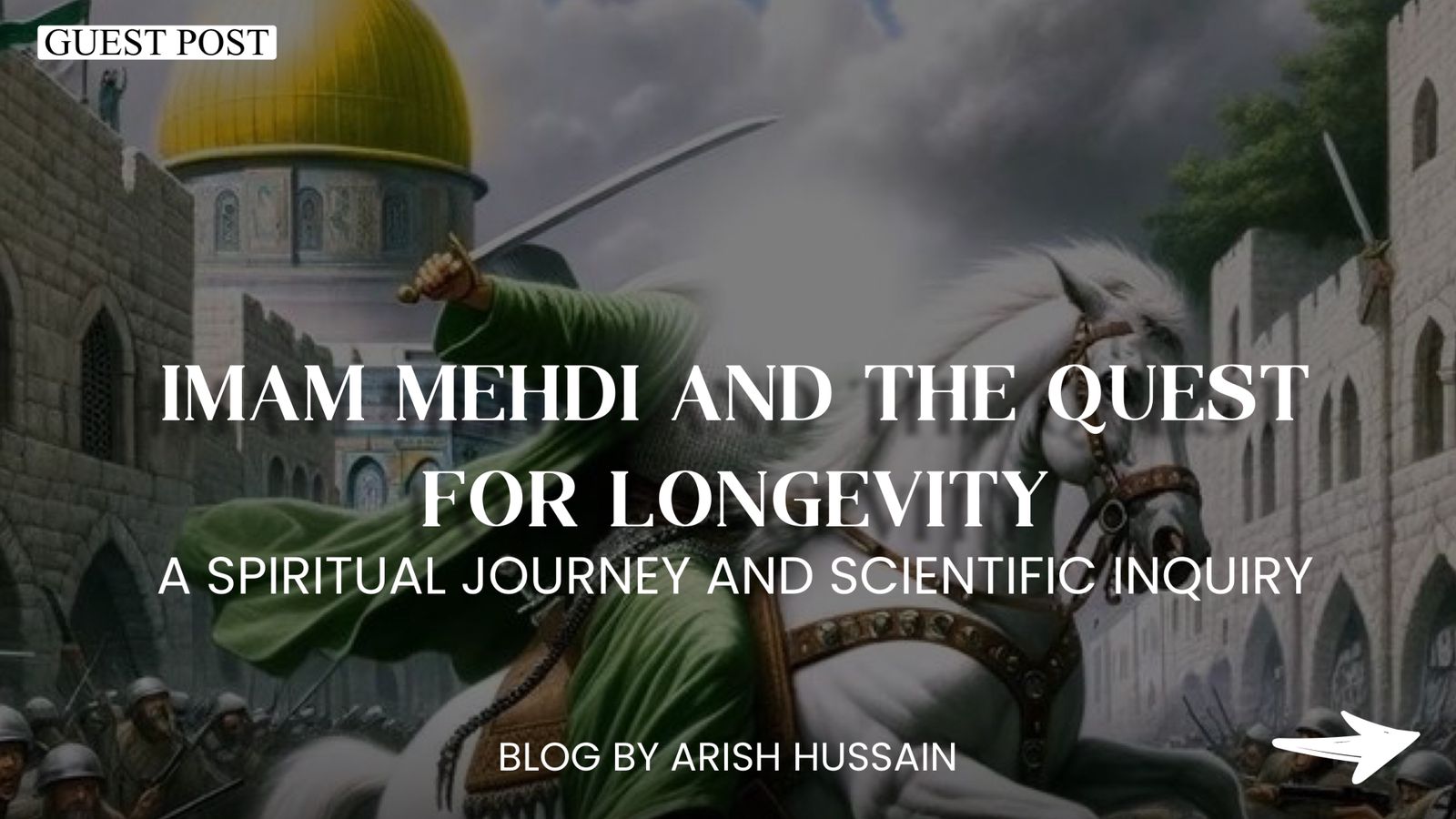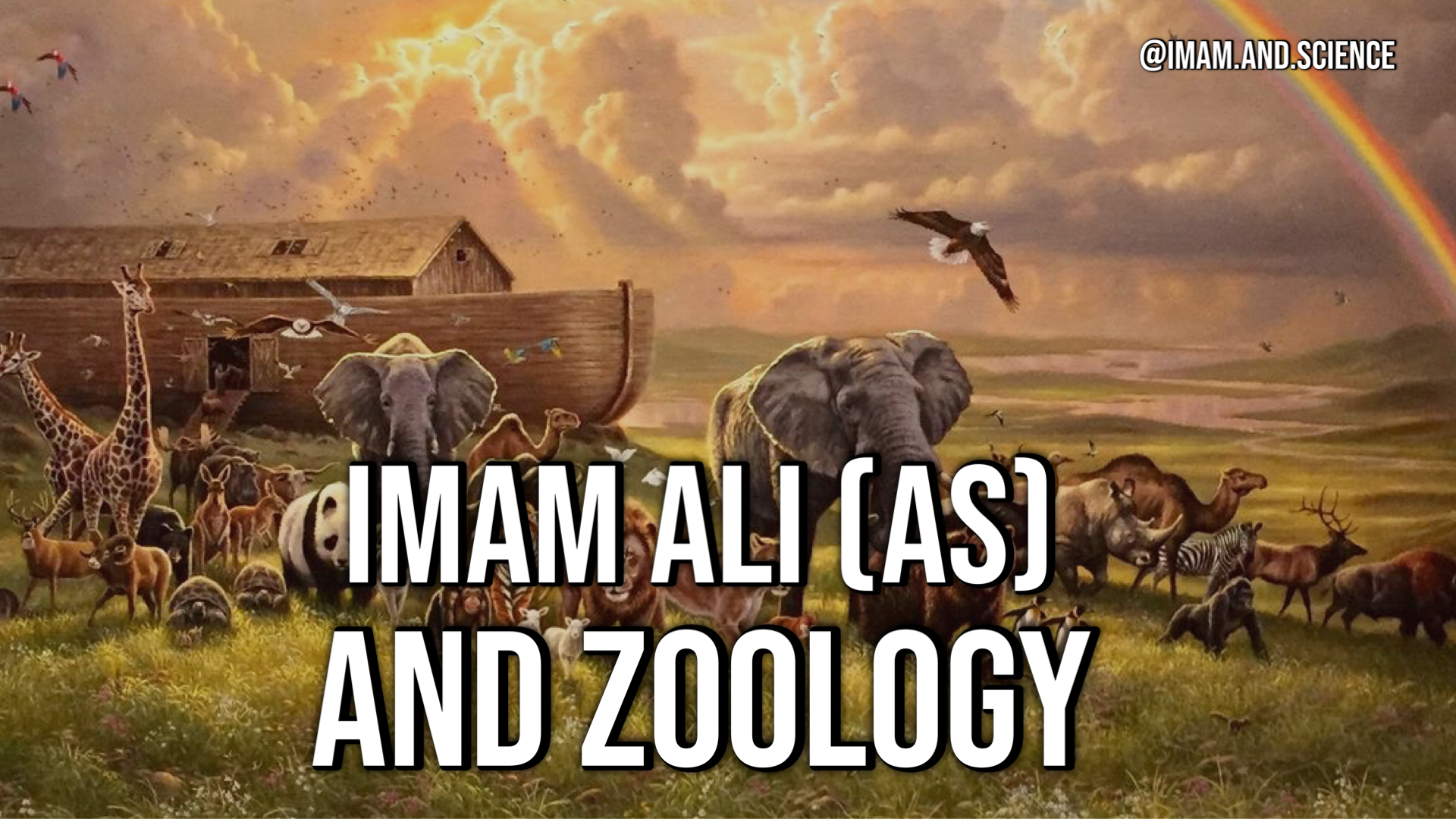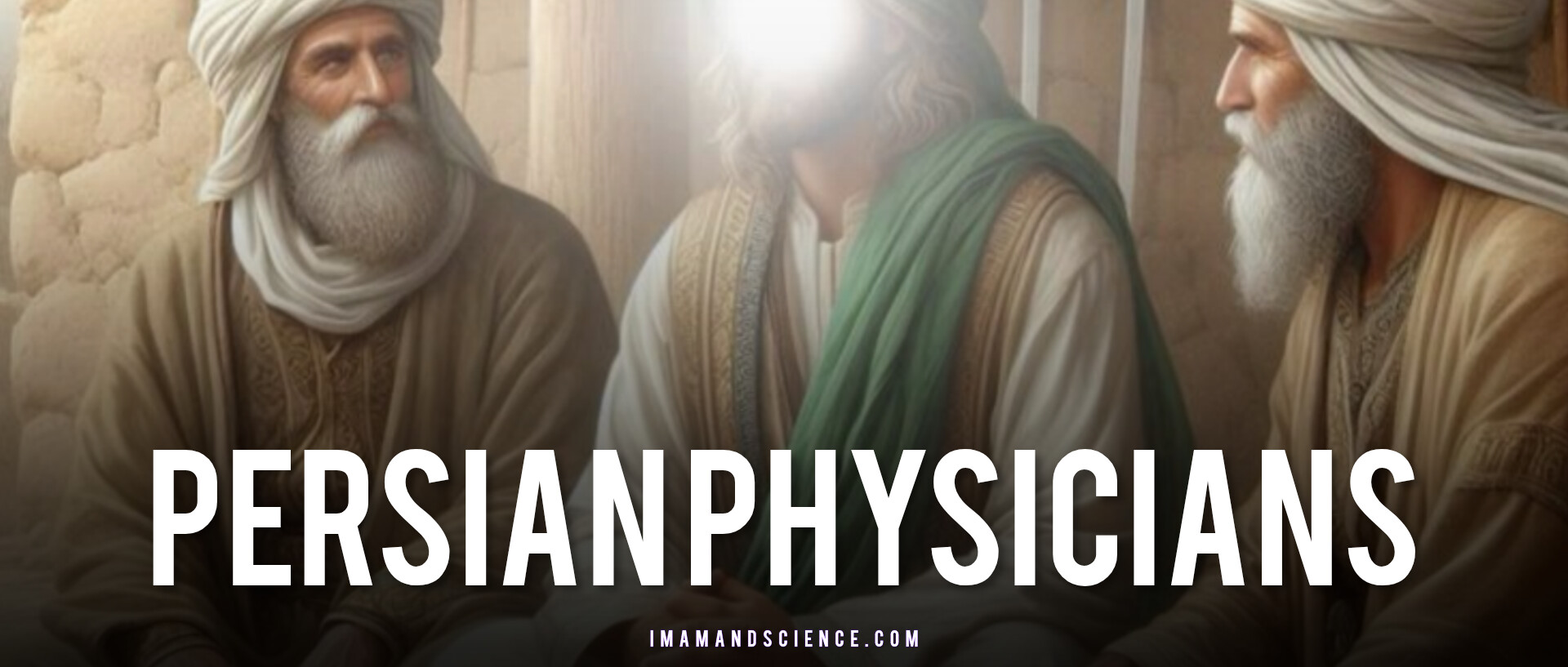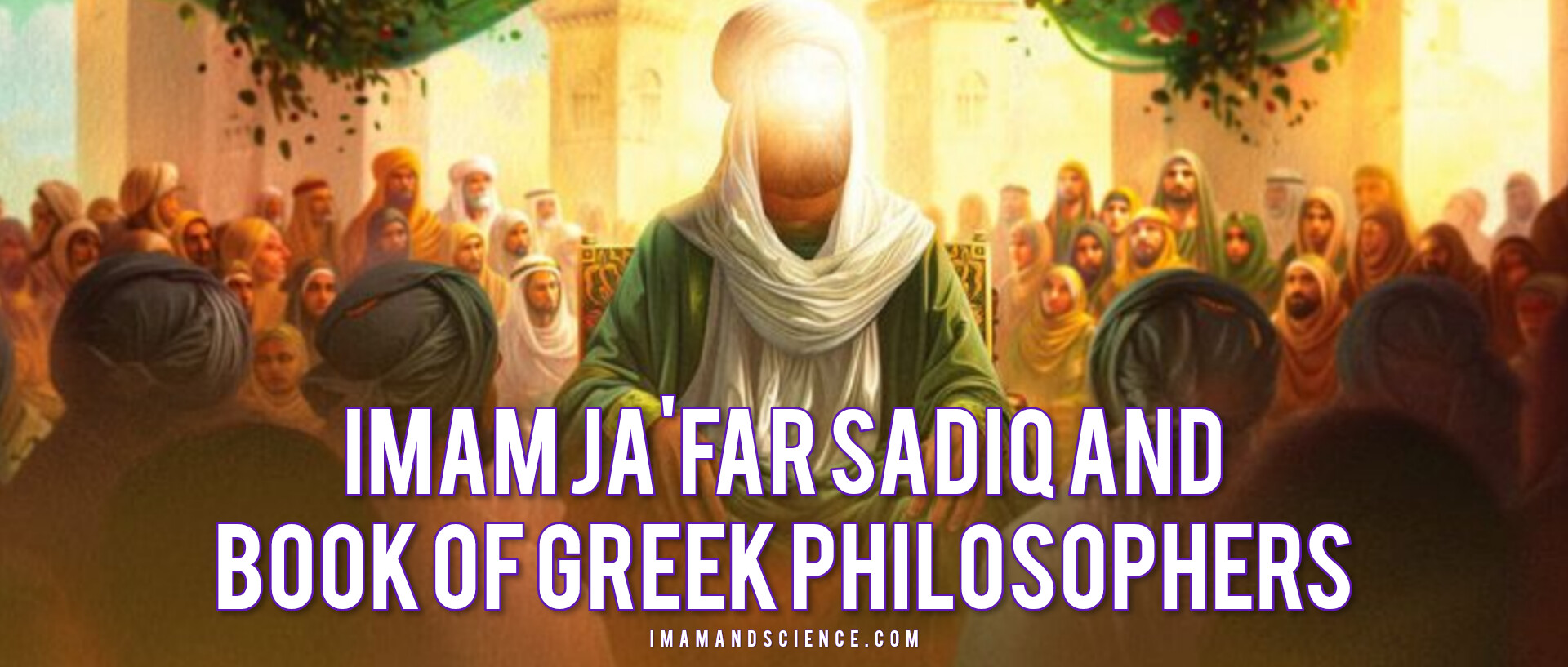When the Guiding Leader, Imam Mahdi (may Allah hasten his reappearance), came into the world, he recited the following verse from the Quran:
Prophet Muhammad (ﷺ) said:
The day of resurrection will only happen once the true leader, Al-Qaim (عليه السلام), rises. God willing, anyone who follows Imam Mahdi (عليه السلام) will be saved, and anyone who opposes Imam Mahdi will perish. O people of my ummah, Always remember God and move towards Him, even if it’s a challenging path, as He is the Caliph of God, the Exalted and Glorified, and my successor.
Ali bin Abi Talib once inquired of the Prophet (ﷺ), asking, “Will Mahdi (عليه السلام) be from our own family or from elsewhere?” The Prophet (ﷺ) responded, “He will emerge from among us. God will complete His religion through Mahdi, as He initiated it with us.
People will seek refuge from discord, just as they sought salvation from polytheism through us. Furthermore, it will be through us that God will reconcile their hearts in brotherhood after the discord, just as they were united in faith after the conflicts of polytheism.”
And indeed, We wrote in the Book after the reminder that as for the land, My righteous servants shall inherit it.
A Test of Faith: The Qom Delegation’s Journey in Search of the True Imam (عليه السلام)
In a distant place called Qom, an Islamic group embarked on a journey to Samarrah, Iraq. This delegation carried special funds and religious offerings from the Shia community in Qom to present to Imam Hasan Askari (عليه السلام), who was the appointed Imam by Allah (سبحانه و تعالى) at that time.
Upon reaching Samarrah, they were surprised to learn that Imam Hasan Askari (عليه السلام) had passed away. Instead, a man named Ja’far claimed to be the new Imam. When they found Ja’far, he was not at home but out enjoying himself with musicians and entertainers.
Doubting whether a true Imam would engage in such activities, the Qom delegation decided to wait and see for themselves. Upon Jafar’s return, they introduced themselves as Shia from Qom, bearing money for Imam Hasan Askari (عليه السلام). Ja’far, however, asked about the money immediately.
In response, the Qom group asked Ja’far to confirm the amount and the donor, as Imam Hasan Askari (عليه السلام) used to do. Unable to provide the details, Ja’far accused them of lying and claimed only Allah (سبحانه و تعالى) knew the unseen.
The Qom group insisted on signs to prove Ja’far legitimacy as the Imam, or they would return the money. Frustrated, Ja’far sought help from the Caliph, who pressured the Qom delegation. Despite the pressure, the Qom group stood firm, demanding the same procedures as during Imam Hasan Askari’s (عليه السلام) time.
As they departed from the city, an extraordinary event unfolded. They encountered a young man of striking appearance who knew each of their names and declared,
“Accept your Master!”
Curious, the Qom group inquired, “Are you the Master of Guardianship?
The young man humbly responded, “No, I am the servant of your Master. Come with me to meet him.”
Joyfully, the Qom group followed the young man to the Imam’s residence. There, they witnessed the Imam (عليه السلام) seated on a platform, adorned in a green robe, with his face radiating like a full moon. They saluted him, and he detailed the money and other items they had brought.
Filled with gratitude, the Qom group bowed in thanks to Allah (سبحانه و تعالى) for recognizing their true Imam (عليه السلام) and Divine Proof. They posed some religious questions to the Imam, who provided insightful answers. Subsequently, they handed over the money and goods to the Imam (عليه السلام).
Before their departure, the Imam (عليه السلام) instructed them not to bring anything to Samarrah in the future. Instead, they were to deliver these items to the Imam’s representative in Baghdad and receive the Imam’s written instructions through him.
Source: Imam Mahdi Arrival Signs.
The investigation on Longevity
Almost a month later, Dr. Jalali informed everyone about the upcoming meeting at his house on Friday evening. The group gathered to continue their discussion. After a short introduction and some refreshments, Mr. Hoshyar officially began the session. He shared news about a letter he had received from Dr. Nafisi and asked Dr. Jalali to read it aloud.
Dr. Jalali agreed and read the letter:
Dear Mr. Hoshyar,
Thank you for your letter and the invitation to speak to your group about my research on Longevity. Due to the busy schedule lately, I am unable to accept speaking engagements. However, as the topic is important to me, I have decided to respond to your questions in writing, albeit briefly, for the benefit of your colleagues. My responses will be satisfactory.
Exploring Human Longevity: Insights from Dr. Nafisi
Mr. Hoshyar: Is there a specific age limit set by medical science or biology beyond which it’s impossible to live?
Dr. Nafisi: There’s no fixed age limit for human life where living beyond is deemed impossible. Generally, the longest recorded human life is just under a hundred years. This duration has remained relatively consistent throughout recorded history, although average lifespans can vary due to factors like region, climate, race, heredity, and lifestyle.
Mr. Hoshyar: Is there a standard rule to determine the lifespan of living beings?
Dr. Nafisi: The belief is that there’s a correlation between body size and lifespan. However, this correlation is only sometimes consistent; for instance, smaller birds like parrots often live longer than larger ones.
Aristotle suggested that an animal’s lifespan correlates with its growth time, estimating it to be five to eight times the period needed for a species to mature. While some consider 100 years an average human lifespan, others, like David the Prophet (ﷺ), suggest 70 years as a natural age.
Mr. Hoshyar: What factors contribute to Longevity?
Dr. Nafisi: Longevity may be influenced by heredity, environment, profession, and nutrition. Heredity plays a significant role, as observed in families with longer lifespans. Environmental factors, such as a moderate climate and clean air, also impact Longevity.
Professions that involve good physical and mental health can contribute to a longer life. Additionally, proper nutrition and avoiding overeating are crucial for Longevity.
Mr. Hoshyar: What is ‘senility,’ and what causes it?
Dr. Nafisi: Senility refers to the wear and tear on organs, causing them to lose efficiency. It’s not solely defined by age but rather by the disturbance of equilibrium that occurs with time.
Factors like weakened bodily functions, reduced blood supply to tissues, and slower brain function contribute to senility. However, it’s possible for individuals with a unique constitution to age without experiencing significant deficiencies.
Mr. Hoshyar: Can science discover a way to prevent aging and increase vitality?
Dr. Nafisi: While not rejecting the possibility, science has yet fully understood Longevity’s secrets. Ongoing research aims to uncover these mysteries, offering hope that one day, humans may overcome the limitations of aging and achieve extended lifespans.
Mr. Hoshyar: Regarding the long life of Imam Mahdi (may Allah hasten his reappearance), is it considered unusual by medical science?
Dr. Nafisi: The Longevity of Imam Mahdi (may Allah hasten his reappearance) remains a mystery, and advancements in natural sciences may one day unveil its wisdom. It’s important not to dismiss such possibilities based solely on a lack of empirical evidence. Nature exhibits examples of long life, such as certain tree species and viruses, suggesting that unusual lifespans might exist.
Understanding Longevity: Biologists’ Insights and Natural Harmony
Biologists suggest that certain internal factors contribute to exceptionally long life spans. These factors play a role in extending the duration of one’s life. Individuals who reach a century in age are considered favored by nature, possessing bodies with a chemical composition that aligns perfectly with the desired perfection.
According to biological theory, the expected lifespan of a species is seven to fourteen times its growth period. For example, considering a human’s growth period is around twenty-five years, their natural life expectancy could be approximately two hundred and eighty years.
However, it’s noted that maintaining a balanced diet can disrupt this natural order. This can be seen in honey bees, which typically live only four to five months. Conversely, the queen bee, born like other bees, enjoys a longer life of around eight years due to her special diet.
Research on Longevity in the Light of Knowledge
Dr. Carl, through persistent research and experimentation starting in January 1912, demonstrated that the parts under experiment do not age and can live even longer than the animals themselves. The following points regarding aging were established:
(a) Living cells under experiment, if not exposed to conditions leading to death, such as nutrient level decrease or microbial attacks, can potentially live indefinitely.
(b) These organs are not only living but also possess the ability to grow and proliferate.
(c) Their growth and proliferation can be compared and measured in relation to the provided nutrients.
(d) The passage of time has no adverse impact on them; they do not weaken or age, showing no signs of aging. As long as these cells are properly nourished and observed by scientists, they continue to grow and live.
Hence, it is concluded that old age (senility) is an effect rather than a cause. The question arises: Why do humans die, and why is their life span limited? The answer lies in the intricate interconnectedness of bodily organs. If one organ becomes weak or deficient and dies, it can lead to the imminent death of other parts.
An example is sudden death due to a microbial attack, contributing to the average human life span of around seventy to eighty years. This holds true for infant mortality as well.
In essence, the proven reason for death is not the number of years lived but rather the anomalous conditions that attack the body, rendering major organs deficient and incapable of defending against adverse situations.
Does the Soul or a Weakening Body Cause the Death
When we think about death, we usually know it’s when the soul leaves the body. But there’s a question: does the body getting weak make the soul leave, causing death? Or is it the soul itself that makes the body vulnerable to sickness and old age, leading to death?
Most scientists think the first idea is true. They say when the body’s energy runs out, everything falls apart, and the organs can’t do their jobs. The soul, tired from managing the body, leaves, making the body die. It’s like the soul decides it’s time to go.
However, a wise philosopher named Mulla Sadra has a different idea. He thinks the soul is in charge of the body. As long as the soul needs the body, it takes care of it. But when the soul becomes independent and doesn’t need the body as much, the body weakens, and eventually, the soul leaves, causing death.
Now, if Mulla Sadra’s idea is right and the soul decides when to leave, it helps us understand why the twelfth Imam might live a long time. According to Mulla Sadra, the twelfth Imam’s soul might feel it’s essential for helping people, so it keeps the body healthy and full of energy.
To be clear, I’m not proving or disproving this idea. I’m just sharing it as something interesting to think about. It’s a new and different idea, so we shouldn’t reject it quickly just because it seems strange.
To really understand it, we need to know a lot about the soul, its connection to the body, and do many complicated experiments. Human knowledge hasn’t reached that far yet.
In his book, Dr. Alexis Carl says we don’t know much about our own existence. If famous thinkers like Galileo and Newton had focused on studying the human body and mind, our understanding of the world would be very different today.
Conclusion
As we learn about living a long time and following Imam Mahdi (may Allah hasten his reappearance), we mix science and faith. Prophet Muhammad tells us to follow Imam Mahdi (may Allah hasten his reappearance) for safety. The Qom group’s story says it’s important to know the real Imam through special signs.
Dr. Nafisi talks about why people live a long time. Biology says things inside our bodies affect how long we live. Dr. Carl’s study suggests tiny parts inside us might live forever, making us curious about nature’s secrets.
Mulla Sadra thinks the soul’s freedom might make our bodies get old. In the end, our search for living a long time is a mix of exploring both faith and science. We hope our hearts enjoy the amazing things we find on this interesting journey.
Thankyou for reading!
This guest post is crafted by the talented Arish Hussain. Thanks, Arish, for your contribution! Share the blog and spread the knowledge!








